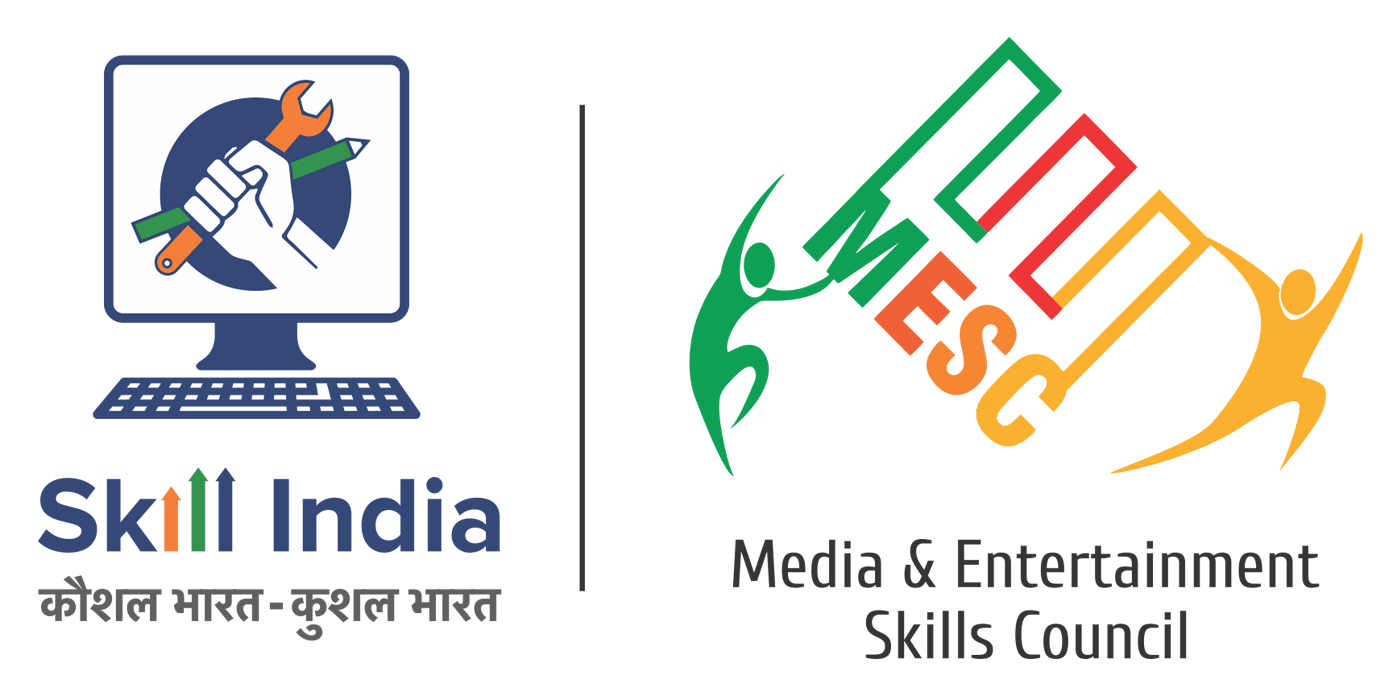
4 Tips to make your DAW run faster
This blog addresses the problem of every budding Music Producer- whether he is pursuing Music Production Course or starting out with his budget setup.
Almost every aspiring music programmer ends up thinking that their budget gear is not good enough. More often than not, this makes
them go on a wild shopping spree wanting to buy the best audio interface, the best mic, the best MacBook, etc.
While an audio gear upgrade might improve the audio quality, it is seldom a necessary requirement.
In this blog we will address some workarounds that can improve the performance of whatever DAW the music programmer is using be it Logic Pro, Ableton Live,
Cubase, Reason, etc.
To best utilize the full potential of the DAW, it is advisable for a beginner to undergo formal training through Music Production Courses.
1)Buffer size:
When recording audio into your computer, the amount of time allotted for processing the audio is called the Buffer Size. Often times a smaller Buffer Size is desirable,
However, not one that is too small as that ends up affecting the quality of the recorded sound.
A buffer size of 128 is needed for recording (so you don’t get delay in your headphones).
If you aren’t recording and you are only mixing, set the buffer size to 1024.
2)VST’s:
“VST’s use Digital Signal Processing (DSP’s) to mimic sounds recorded in traditional recording studios via their samples. They are used in addition with in-built tools like” VST and similar technologies use Digital Signal Processing (DSP’s) to simulate traditional recording studio hardware in software. They are used in addition with in-built tools like
Oscillators, Signal Generators, Wave Shapers, Filters, VCA’s and Effects.
The basic of Music Production is Synthesis.
These things can be learnt by anyone pursuing Music Production Course. The knowledge of synthesis will make a Music Programmer independent of VST’s.
VST’s are really capable of providing rich sounds with details and textures that ends up draining CPU resources.
It is advised not to over-task the project with plugins until you’ve recorded anything, then change buffer to 1024 and start mixing.
Don’t over-use plugins. Even a decent i3 processor can deliver nice output if used judiciously.
3)Avoiding Presets :
It is advisable not to stack a whole load of presets.
Forex: Load an EQ, if you need it, enable only the frequency bands you need. Learn how to shape sounds based on design can very often consume a low amount of cpu.
4)Bussing:
Generating Effects on Auxillary Channels and having each individual track routed to it, is a wise way to optimize CPU usage rather than adding inserts on each individual channel.
Forex:
Put reverbs on a buss, and send tracks to the reverb. You don’t need 10 reverb plugins in a project.
The Music Production Course of Soundideaz Academy focus on teaching these optimizations to all aspiring Music Producers.In order to know more about the course please go to the Courses Section of our website.

